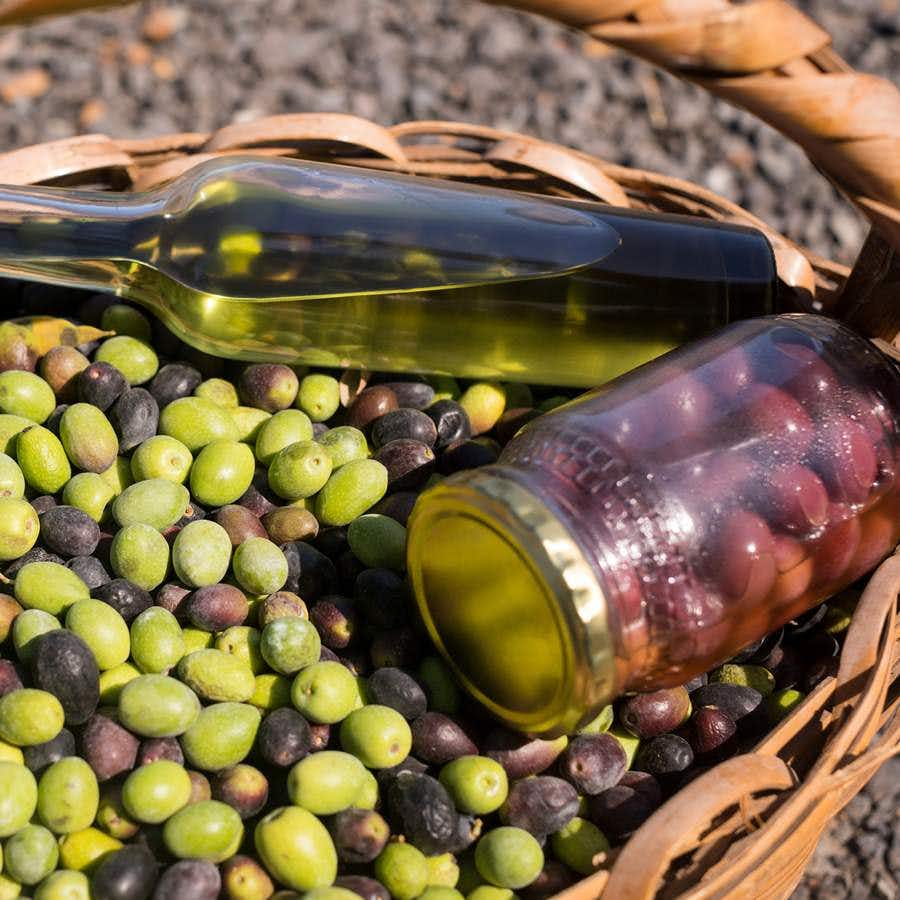
The type of fat in your diet is far more important than the amount, according to a new analysis of data from the Nurses’ Health Study and the Health Professionals Follow-up Study (AHA Scientific Sessions, Nov. 13-15, 2021). For decades, Americans were advised to follow a low-fat diet to reduce their risk of stroke. In this study, the scientists looked at the amount and type of fat people were eating. Then they examined how this affected their risk of stroke.
What Type of Fat Are You Eating?
Individuals who got most of their fat from vegetable sources were 12 percent less likely to experience a stroke. Perhaps the best example of this type of fat is olive oil. Those who consumed more than one serving of processed meat daily were 12 percent more likely to have a stroke. Bacon, bologna or hot dogs are examples of processed meats. Curiously, dairy fat had no impact on stroke risk. These data on the type of fat come from 117,000 health care professionals who responded to detailed questionnaires about their diets and their health every few years for nearly three decades. The study results are being reported at the American Heart Association’s Scientific Sessions this month.
A Note of Caution:
Dr. Alice Lichtenstein, professor of nutrition science at Tufts University, offered a word of caution about the study. She is the lead author of the AHA dietary advice to keep a lid on saturated fat, salt, sugar and cholesterol in their diets. Dr. Lichtenstein commented that overall diet quality is more important than any single nutrient. Vegetables, fruits, whole grains and fish are good building blocks for any diet. Of course, people who are sticking to the type of fat that this study identified as healthful are probably getting less saturated fat and possibly less salt and sugar as well. We do not know if they might be smoking less or exercising more. Those habits, too, along with a healthful plant-based diet, can help reduce the risk for stroke.
Learn More:
If you would like advice on cooking with olive oil and making meals rich in vegetables, you may be interested in our book, Recipes & Remedies from The People’s Pharmacy. It provides some of our favorite recipes. They feature vegetables, whole grains, fish and, of course, the type of fat from vegetable sources that can help reduce the risk of stroke.

